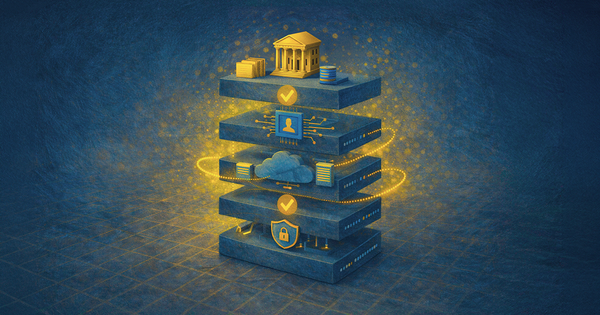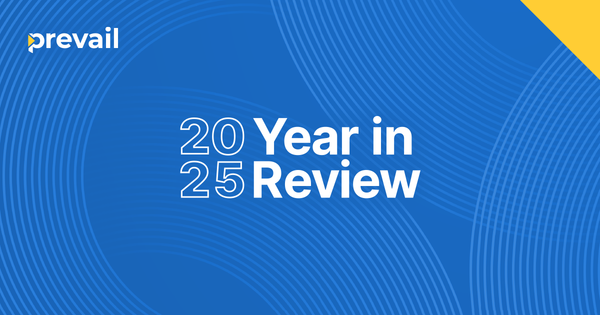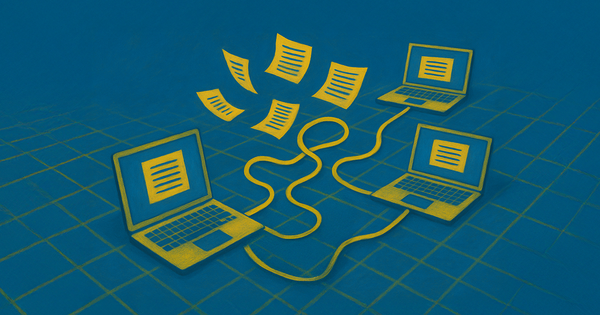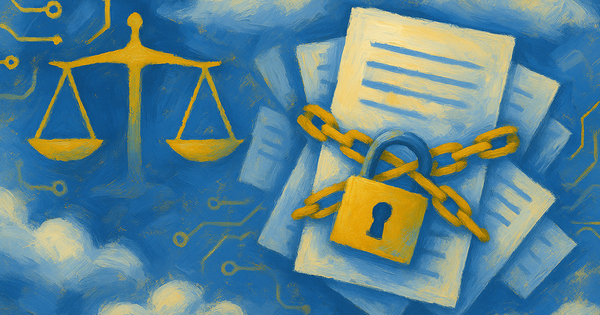Digital Deposition Strategies for Modern Litigators
As advanced software replaces legacy deposition processes, attorneys now benefit from integrated capture of synchronized transcripts, audio, and video alongside stronger data protections and remote accessibility—learn how to prepare for and conduct depositions with modern software tools.
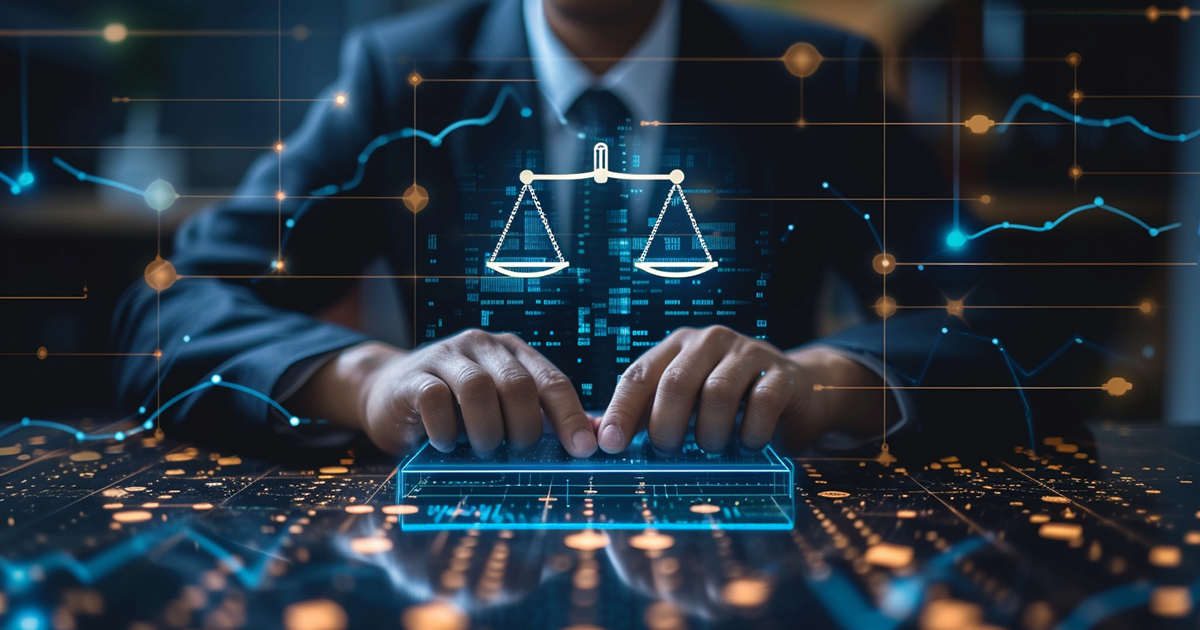
Key Components of an Effective Digital Deposition Strategy
A brief overview of the shift towards digital depositions
The legal world is experiencing a major transition in how depositions are conducted and recorded. For decades, depositions relied on stenographers typing transcripts and videographers capturing recordings all within the same conference room. However, a significant shift towards deposition by video conference has occurred over the past several years. This opens up many new opportunities to capture and utilize testimony better, faster, and more efficiently.
This transition is driven by advancements in software and hardware that allow for integrated digital recording, instant rough transcription, and faster, more secure certified transcripts. Digital technology can eliminate the need for separate videography and standalone transcription services by incorporating both functions directly into one integrated solution. Using digital deposition applications, attorneys are now able to view synchronized video and rough transcripts in real-time as a deposition progresses.
Major benefits of digital depositions include reduced costs compared to legacy methods, faster delivery of transcripts, enhanced search and review capabilities, and more secure storage of audio, video, exhibits, and transcripts. The technology also reduces the administrative burdens in organizing deposition media and, through advancements in video conference technology, also increases flexibility in deposition scheduling.
As remote depositions have become more prevalent, adoption of digital reporting solutions will likely accelerate further. Even with advances in remote conferencing and digital deposition technology, human beings still play a vital role, including: administering the oath, assisting with exhibits, monitoring the record, and certifying its accuracy. This shift towards digital deposition solutions aims to increase efficiency and capabilities of these professionals–not replace them.
The advantages of digital depositions
Major upsides of digital depositions include cost and time savings. By having one digital solution capture video, audio, and text simultaneously, you avoid paying for separate services while streamlining workflows. Digital deposition technology can eliminate the time spent waiting to make use of testimony, allowing real-time viewing of rough transcripts alongside video. Digital deposition transcription services, like that which Prevail provides, allows access to rough transcripts during and at the close of a session, and allows users to create audio and video clips. Overall lower administrative costs and quicker access to files benefit attorneys and clients alike.
Digital depositions greatly enhance accessibility and flexibility as well. Attorneys can participate remotely much easier when proceedings are digitized, allowing for broader participation without travel burdens. Digital deposition applications make it simple for multiple parties to examine transcripts and video from any device. Tagging, annotations, and robust search functionality within most remote deposition software improves review too. Even sharing and coordinating deposition content becomes easier digitally.
Digital deposition by video conference software can reduce risks associated with legacy reporting services. The combination of video, audio, and textual logs provides more reliable records. Digital deposition platforms also enable higher security settings around storing sensitive files than manual methods. Because data-security is essential, it is important to confirm that your deposition provider and solution maintain appropriate security safeguards such as those set forth under ISO 27001 and SOC 2 Type 2 guidelines.
As cross-jurisdictional collaboration increases, secure and efficient methods of conducting and reviewing depositions are imperative. Digital deposition solutions allow law firms and legal departments to save on expenses while benefiting from better accessibility, redundancy, and quality assurance when gathering critical testimony. The advantages clearly show why digital deposition applications are gaining rapid adoption worldwide.
Preparing for a digital deposition
As with all legal proceedings, proper preparation for digital depositions is vital to protect client interests and ensure optimal results. Here are some practical tips for utilizing deposition technology:
- Test technology in advance of your session, including computer connections, video conferencing software, exhibits tools, and recording functionality. Ensure all participants are in a quiet place with a good internet connection.
- Practice with the equipment you are going to use from the location(s) where participants are located, whenever possible.
- Acquaint yourself, your witnesses and clients/representatives with the process and technologies to increase comfort levels and limit anxiety. Ensure your witnesses understand the purpose and potential uses of video recordings.
- Consider camera quality and placement. For best results, cameras should be at or just above eye level. This may mean using a standalone webcam or placing a laptop on top of a stand or books. Ensure that the primary light source is behind the camera and facing the participant. Significant backlighting–such as sunlight through a window in the background–will shadow the participant.
- Have a strategy for digital presentation and distribution of documents as exhibits. The best deposition solutions, including the Prevail platform, allow participants to load digital exhibits in real time or in advance and offer digital document presentation and management tools. At a minimum, such tools should have integrated presentation of the document, permitting each participant to view, scroll, and zoom on their own. It should digitally stamp exhibits when offered, store those exhibits for the record, and allow participating attorneys to download their own copies. Annotation features (which Prevail.ai provides) so the witness can mark on documents while testifying is a major plus. It is important to get comfortable on these tools through practice.
- Plan for how to present and preserve video or audio exhibits, if necessary. Again, top deposition solutions should have a way to present, preserve, and share audio and video exhibits. As a major plus, Prevail.ai provides live human support for presenting and sharing such exhibits. When questioning a witness on a video or audio exhibit, it is important to consider how to preserve in the testimony the exact reference to the location in the digital media file. This requires referencing the file identifier (such as exhibit number) and the place in the file (e.g., time stamp) about which you are asking the witness.
Data security considerations for digital depositions
As with all discovery, attorneys must evaluate security risks surrounding deposition records. Choosing the right technology and solutions provider will assist in protecting client interests and mitigating risk.
As part of your information security review, it is important to look for independently verifiable signs of strong data security controls, like an auditor’s SOC 2 Type 2 attestation. The SOC 2 attestation validates software safeguards like data encryption both in transit and at rest, stringent access restrictions, plus regular backups and redundancy to prevent data losses. Such credentials provide assurance around maintaining confidentiality and integrity of records.
It is also important to look for independently verified signs of robust data protections, such as ISO 27001 certification. Achieving ISO 27001 certification validates the implementation of extensive safeguards like encryption for data in transit and at rest, strict access controls, vulnerability testing, and business continuity plans. It also requires regular audits to ensure continued compliance with information security best practices. This internationally recognized standard reassures customers that certified organizations have institutionalized policies and systems to ensure the confidentiality, integrity, and availability of sensitive data. Choosing an ISO 27001 certified vendor demonstrates a strong commitment to protecting your information, giving you peace of mind. Prevail is currently the only SOC 2 Type 2 attested and ISO 27001 certified digital deposition solution available.
Legacy reporting solutions depend on court reporters, videographers, and other independent contractors (and third-party workers on which those contractors may rely) to store and protect your data. However, it’s not always clear what safeguards they may or may not employ to ensure that data is protected from loss, theft, or corruption.
Overlapping federal and state procedures, regulations, laws, and other standards (along with attorney professional obligations), set forth obligations for protection and preservation of discovery records. Prevail offers tools to assist in maintaining strong data security protections for such records. Legacy solutions can present significant data security issues attorneys and their clients must address.
Overall, the combination of stronger security controls, data redundancy, administrative safeguards, and ethical assurances in utilizing purpose-built digital deposition software reduces risks substantially compared to legacy manual approaches. Certifications and attestations like ISO 27001 and SOC 2 Type 2 provide a more holistic data protection approach and provide greater confidence when selecting the right deposition solution.
Digital depositions are here to stay
As we have explored, digital depositions offer advantages in efficiency, cost savings, security, access controls, and administrative ease for attorneys. Integrated software consolidates complex deposition tasks into straightforward workflows – recording synchronized transcripts, video, and audio; facilitating remote participation; enabling multifaceted review; and securing files digitally with encryption making digital deposition technology a clear winner for the modern attorney.
There are countless reasons that the legal industry is embracing digital deposition applications as the new normal. First, client expectations demand faster and more efficient results. Second, regulations emphasize cybersecurity vigilance, best met through purpose-built, enterprise solutions. Legal professionals have continuously adapted to technological advancements, such as the transition from paper to electronic records. Now, digital deposition technologies mark the next stage in the evolution of the industry.
The legal profession has shown incredible resilience time and time again when facing change–from computerized research to email proliferation to e-discovery introduction. Digital deposition technologies represent the next stage in the industry’s evolution with so many long-term gains for attorneys, clients, and the justice system overall.
By proactively shaping a brighter future, law firms can capitalize on digital deposition technology in line with best practices now and for years to come.


